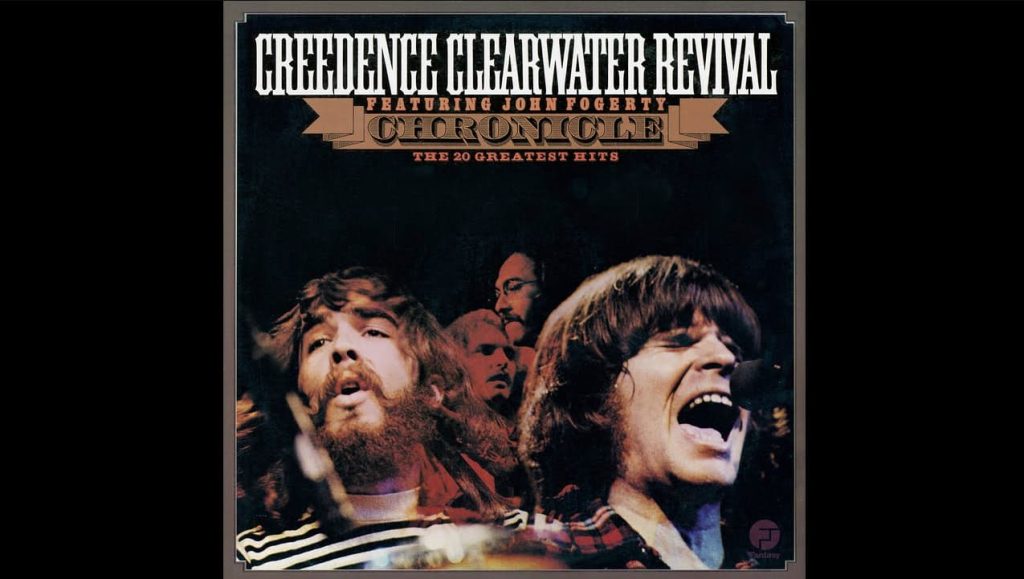
A Timeless Anthem: Unveiling Creedence Clearwater Revival’s “Who’ll Stop the Rain”
Many of us remember the electrifying sounds of Creedence Clearwater Revival (CCR) that dominated the radio waves in the late 60s and early 70s. Among their most enduring hits is the iconic “Who’ll Stop the Rain,” a song that continues to resonate with listeners across generations. Released in 1970 on their album “Cosmo’s Factory,” it quickly climbed the charts, becoming a double-sided single alongside “Travelin’ Band” and reaching the coveted No. 2 spot on the Billboard Pop Singles chart. But “Who’ll Stop the Rain” is more than just a catchy tune; it’s a powerful commentary on the social and political climate of its time.
The song, penned by the band’s frontman John Fogerty, takes a unique lyrical approach. Divided into three distinct verses, it weaves a tapestry of historical references and contemporary observations. The opening lines, “Don’t want to dwell on the past,” belie the verses that follow, which explore a sense of unease that stretches back through history, from “good men through the ages” to the “Five Year Plans and New Deals” – a subtle nod to past attempts at societal change. The final verse brings us squarely into the present, with its mention of music, large crowds, and the ever-present rain, alluding to the band’s experience at the legendary Woodstock Festival in 1969.
Musically, “Who’ll Stop the Rain” departs from the rock and roll energy of “Travelin’ Band.” It embraces a mellower, folk-rock vibe, anchored by a ringing acoustic guitar riff. However, the backing band injects a touch of roots rock, adding a layer of depth and texture. This shift in sound perfectly complements the song’s introspective lyrics, creating a sense of resignation tinged with a hint of anger.
Unsurprisingly, interpretations of the song’s meaning abound. For many, it’s a thinly veiled protest against the Vietnam War, a conflict that deeply divided American society in the late 60s. The final verse, with its references to a restless crowd seeking solace in music amidst the pouring rain, evokes the disillusionment of a generation caught in the throes of social upheaval.
However, Fogerty himself has offered a somewhat more nuanced interpretation. While acknowledging the influence of the political climate, he has also shared a touching anecdote about his son’s literal interpretation of the lyrics, prompting a humorous realization that the song’s power transcended its specific context.
Regardless of its intended meaning, “Who’ll Stop the Rain” has cemented its place as a timeless anthem. Its poignant lyrics and evocative melody continue to resonate with listeners, reminding us of the universal human search for hope and solace in the face of adversity. Whether you see it as a protest song, a reflection on the human condition, or simply a great piece of music, “Who’ll Stop the Rain” remains a cornerstone of Creedence Clearwater Revival’s legacy and a testament to John Fogerty’s songwriting prowess.